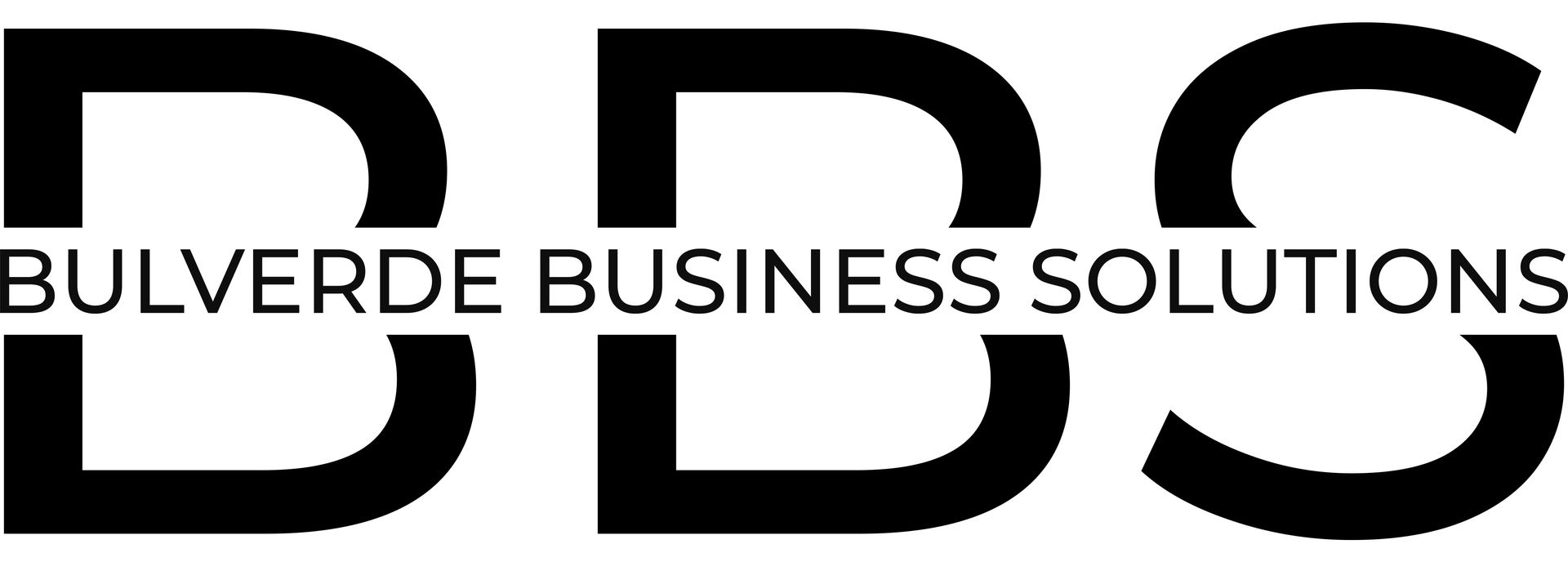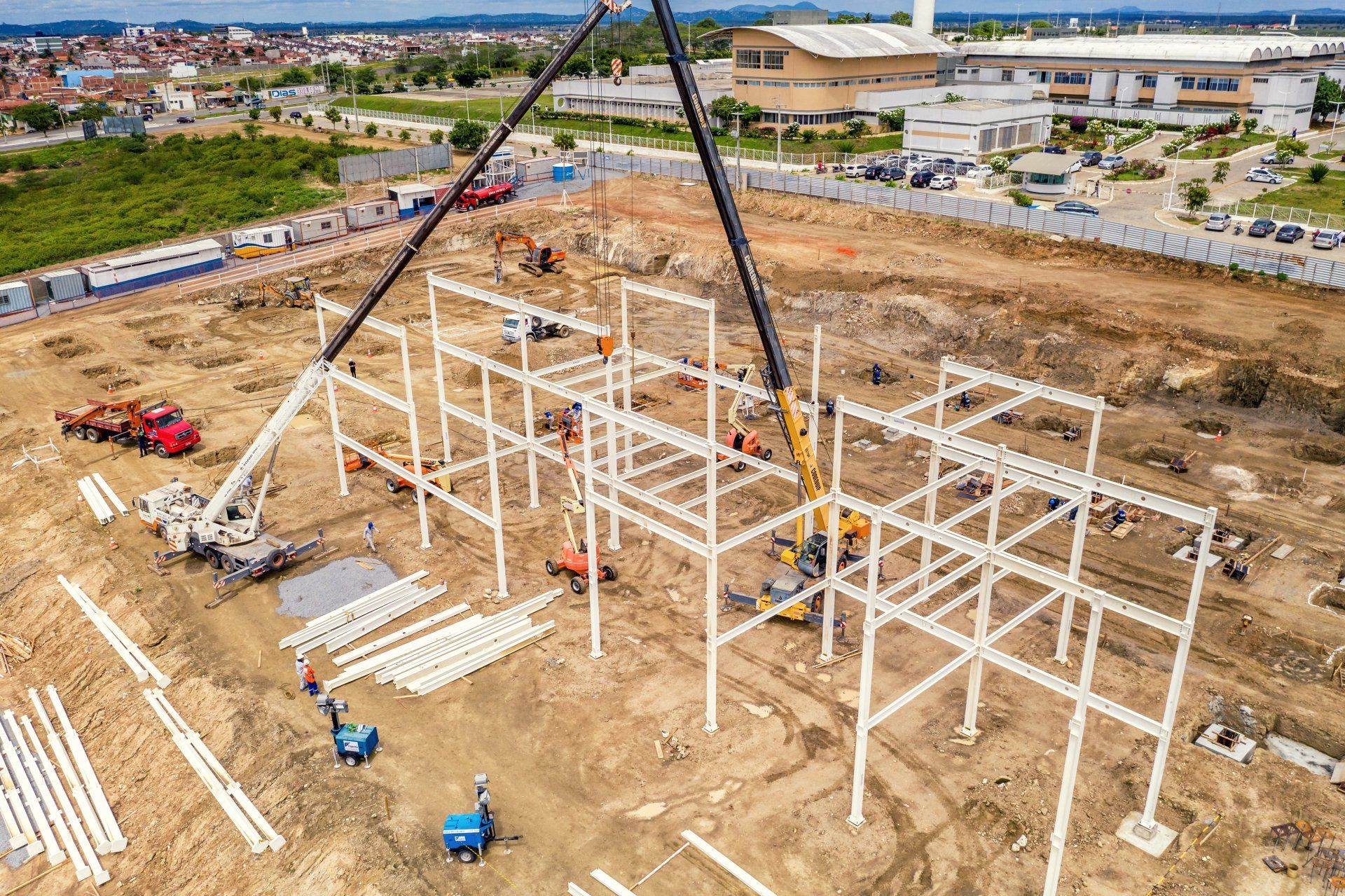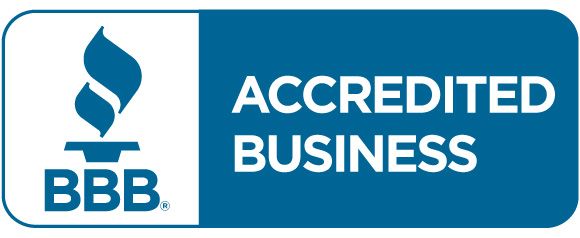Mastering Construction Bookkeeping: A Comprehensive Guide
A Deep Dive into Effective Financial Management for Construction Businesses

Navigating the world of construction bookkeeping can be a complex task. It's a unique field with its own set of challenges and nuances.
Understanding these intricacies is crucial for the financial health of your construction business. It ensures compliance with regulations and aids in making informed business decisions.
This comprehensive guide aims to demystify construction bookkeeping. It's designed to give you a thorough understanding of the subject and actionable advice.
This guide is for small construction business owners, financial officers, and bookkeepers. It's also beneficial for those considering outsourcing construction bookkeeping services.
By the end of this guide, you'll have a solid grasp of construction bookkeeping. You'll be equipped with the knowledge to improve your bookkeeping practices and drive your business forward.
Understanding Construction Bookkeeping
Construction bookkeeping is more than just recording financial transactions. It's a specialized field that requires a deep understanding of the construction industry.
Unlike traditional bookkeeping, construction bookkeeping involves unique elements. These include job costing, progress billing, and managing change orders.
Here are some critical aspects of construction bookkeeping:
- Job costing: Allocating costs to specific jobs or projects.
- Progress billing: Invoicing based on the percentage of work completed.
- Change orders: Adjustments to the original contract affect the project cost.
- Indirect costs: Expenses not directly tied to a specific job but necessary for business operations.
Understanding these aspects is crucial for maintaining clear financial records. It also aids in effective cash flow management and accurate financial reporting.
The Unique Challenges of Construction Bookkeeping
Construction bookkeeping presents unique challenges. One of these is the necessity of separating project costs.
Each construction project is unique, and costs can vary greatly. Therefore, it's essential to keep track of each project's expenses separately.
Another challenge is handling change orders. These can significantly impact the project's cost and must be accurately accounted for in the books.
Job Costing and Its Importance
Job costing is a critical aspect of construction bookkeeping. It involves allocating costs to specific jobs or projects.
This process allows for accurate cost tracking. It helps determine the profitability of each project.
Moreover, job costing aids in making informed pricing decisions for future projects. It provides valuable insights into the actual costs involved in a construction project.
Progress Billing Explained
Progress billing is another unique aspect of construction bookkeeping. It involves invoicing based on the percentage of work completed.
Unlike other industries, construction projects often span over a long period. Therefore, billing is done in stages as the work progresses.
Understanding progress billing is crucial for maintaining positive cash flow. It ensures that funds are available to cover ongoing project costs.
Best Practices for Construction Bookkeeping
Effective construction bookkeeping goes beyond just recording transactions. It involves implementing best practices to ensure financial health and compliance.
Here are some best practices for construction bookkeeping:
- Regular audits and reviews: These help identify errors and discrepancies early.
- Timely and accurate financial reporting: This aids in making informed business decisions.
- Proper classification of labor costs: This ensures accurate job costing and payroll management.
- Scalability: As your construction business grows, your bookkeeping practices should be able to adapt and scale.
Implementing these practices can help mitigate financial risks. It can also improve the overall efficiency of your construction business.
Effective Cash Flow Management
Cash flow management is crucial in construction bookkeeping. It involves tracking incoming and outgoing cash to ensure financial stability.
Effective cash flow management helps maintain a positive cash flow. This is essential for covering ongoing project costs and ensuring business continuity.
Moreover, it aids in identifying potential cash flow issues early. This allows for timely intervention and prevents financial distress.
Managing Change Orders and Indirect Costs
Change orders and indirect costs can significantly impact a construction project's cost. Therefore, they need to be effectively managed in construction bookkeeping.
Change orders involve adjustments to the original contract. They can increase or decrease the project cost. Therefore, they need to be accurately accounted for in the books.
Indirect costs, on the other hand, are not tied to a specific project. They include overhead costs like office rent and utilities. Allocating these costs accurately across projects is crucial for determining project profitability.
Leveraging Technology in Construction Bookkeeping
Technology plays a significant role in modern construction bookkeeping. It helps streamline processes and improve accuracy.
With the right technology, you can automate repetitive tasks. This not only saves time but also reduces the risk of human error.
Moreover, technology can provide real-time financial data. This aids in making informed business decisions and improving project profitability.
The Role of Bookkeeping Software
Bookkeeping software is a crucial tool in construction bookkeeping. It helps manage financial transactions and generate reports.
Good software can handle job costing, progress billing, and other construction-specific tasks, making it an invaluable resource for construction companies.
Moreover, many software options integrate with other business systems, allowing for seamless data flow and improved business efficiency.
Automation and Data Security
Automation in bookkeeping can save significant time and resources. It can automate tasks like data entry, invoicing, and financial reporting.
However, with automation comes the need for data security. Construction companies handle sensitive financial data that needs to be protected.
Implementing robust data security measures, such as encryption, access controls, and regular data backups, is crucial. These measures help prevent data breaches and ensure compliance with data protection laws.
Choosing Construction Bookkeeping Services
Construction bookkeeping can be complex and time-consuming. For some companies, handling it in-house may not be feasible.
Outsourcing to specialized construction bookkeeping services can be a viable option. These services have the expertise to handle industry-specific bookkeeping tasks.
However, choosing to outsource is a significant decision. It requires careful consideration of various factors.
When to Consider Outsourcing
Outsourcing can be beneficial if your company lacks the necessary expertise or if your in-house team is overwhelmed with work.
Outsourcing can provide access to expert services without hiring and training. It can also free up your team to focus on core business activities.
However, outsourcing also means giving up some control over your financial data. Therefore, it's crucial to choose a reliable service provider.
Selecting the Right Service Provider
When selecting a service provider, consider their experience and expertise in construction bookkeeping. They should understand the industry's unique challenges.
Also, consider their technology and security measures. They should use reliable bookkeeping software and have robust data protection measures.
Finally, consider their pricing structure. It should be transparent and provide good value for money. Remember, the cheapest option may not always be the best.
Conclusion and Next Steps
Mastering construction bookkeeping is crucial for the financial health of your business. It requires understanding unique industry challenges and implementing effective practices.
Whether you handle bookkeeping in-house or outsource, continuous learning and adaptation are key. Stay updated with industry trends and leverage technology to streamline your bookkeeping processes.












